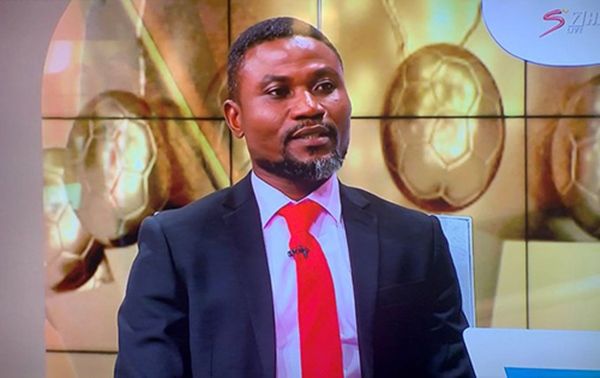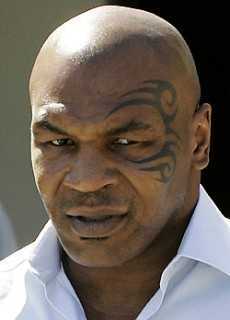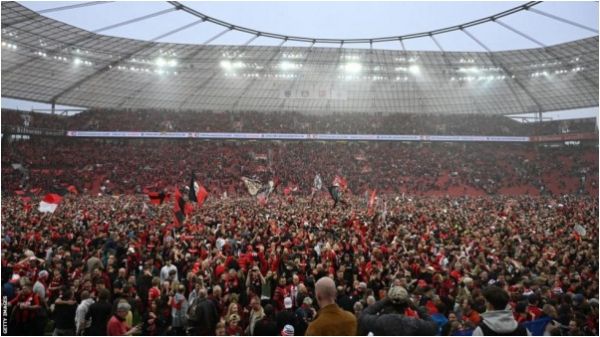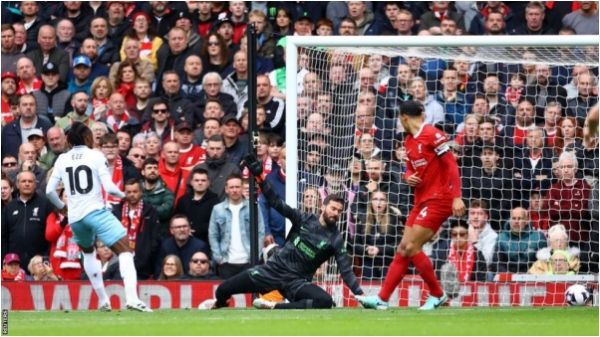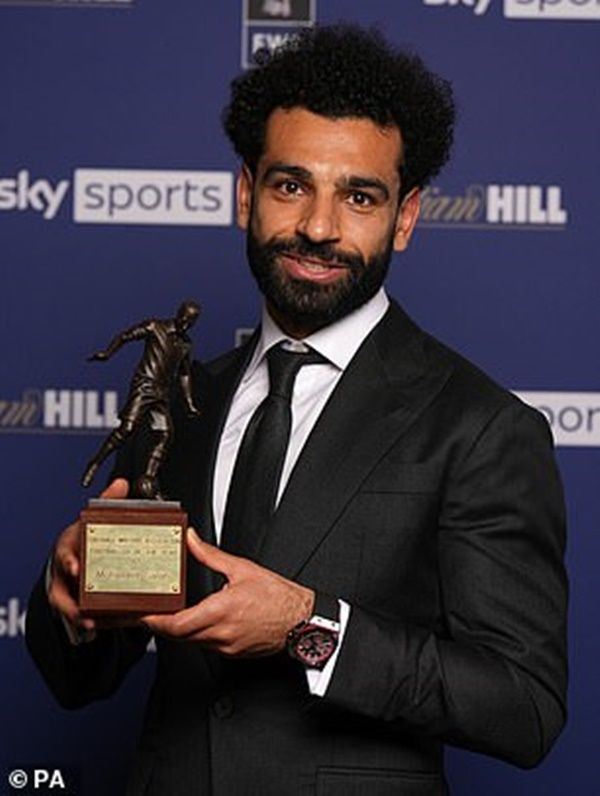
Ask any Liverpool fan what they think of Mohamed Salah's new contract and you will get a mixture of relief and joy that he will be "running down the wing" for another three years.
In his first season after moving from Italian club Roma in 2017, the "Egyptian King" was the Premier League's top scorer, and he then went on to help the club become European and English champions.
But he's won as many - if not more - plaudits for his persona and conduct off the pitch, helping to change perceptions of elite footballers and break cultural boundaries.
His charitable contributions - to education, healthcare and animal rights projects - have won praise and prompted a former football communications officer to remark that he has "never forgotten his roots".
But it was his act of prostrating in prayer after goals that reverberated in the wider global consciousness, even among those who don't follow football.
In 2015, two Liverpool fans performing the ritual Islamic prayer - coincidentally known as "salah" in Arabic - at Anfield were described as a "disgrace" by one Twitter user, who received widespread criticism for his comment.
Dr Solava Ibrahim, an Egyptian-British lecturer in international politics at Anglia Ruskin University, describes the then "dominant discourse" about Muslims as "being violent or constantly linked to terrorist attacks or debates around women's subjugation".
So as a long-time Liverpool supporter, she says it was "a huge wow moment" when fans started singing that Salah was "a gift from Allah" and that "if he scores another few, then I'll be Muslim too".
"It was showing not just acceptance but his position as a role model - not just for Arabs, Middle East and Africa but also for UK youngsters," she adds.
Najib Al-Hakimi, who works as a co-ordinator at the Liverpool Arabic Centre said he was "thrilled" by the song, "because people were looking at Muslims as if they were ignorant and terrorists".
"But by his actions, he was able to change that," he adds.
He has since noticed more members of the local Arab community going to Anfield in recent years, adding: "Most of the youth are wearing his shirt and they'll talk about him, how good he is."
Liverpool fan Neil Atkinson, who writes for The Anfield Wrap, has also noticed that "there's definitely been an element of shifting" across Merseyside.
"If people feel that the Muslim faith is other, Salah's actions are significant," he says.
"After he prays on the pitch, I love that he'll turn to celebrate with the crowd and he's also celebrating himself, which are good things."
Liverpool manager Jurgen Klopp has previously spoken about how the team incorporate time for Salah to perform religious rituals as part of match preparations.
Club captain Jordan Henderson has also said the team opts for non-alcoholic champagne at trophy presentations, adding: "Within the dressing rooms there's none of that [intolerance] so why isn't that the case in the outside world?"
Mr Atkinson believes the wider city of Liverpool "sees itself as quite different to the rest of England because it's a port… it wants to be more outward-looking".
Salah also gets a hero's reception when he is spotted out and about around Liverpool.
One young boy famously faced the force of his - literally - unswerving devotion when he ran into a lamppost while chasing Salah's car in 2019.
Louis Fowler bust his nose but was said to be "made up" when the player turned back to check on him.
Dr Ibrahim says the incident demonstrates Salah's "human touch and accessibility".
"He is much more famous than a lot of Nobel Prize winners but he's not seen as someone up in the clouds or in the elite classes, I think that's part of why his messages get through," she says.


